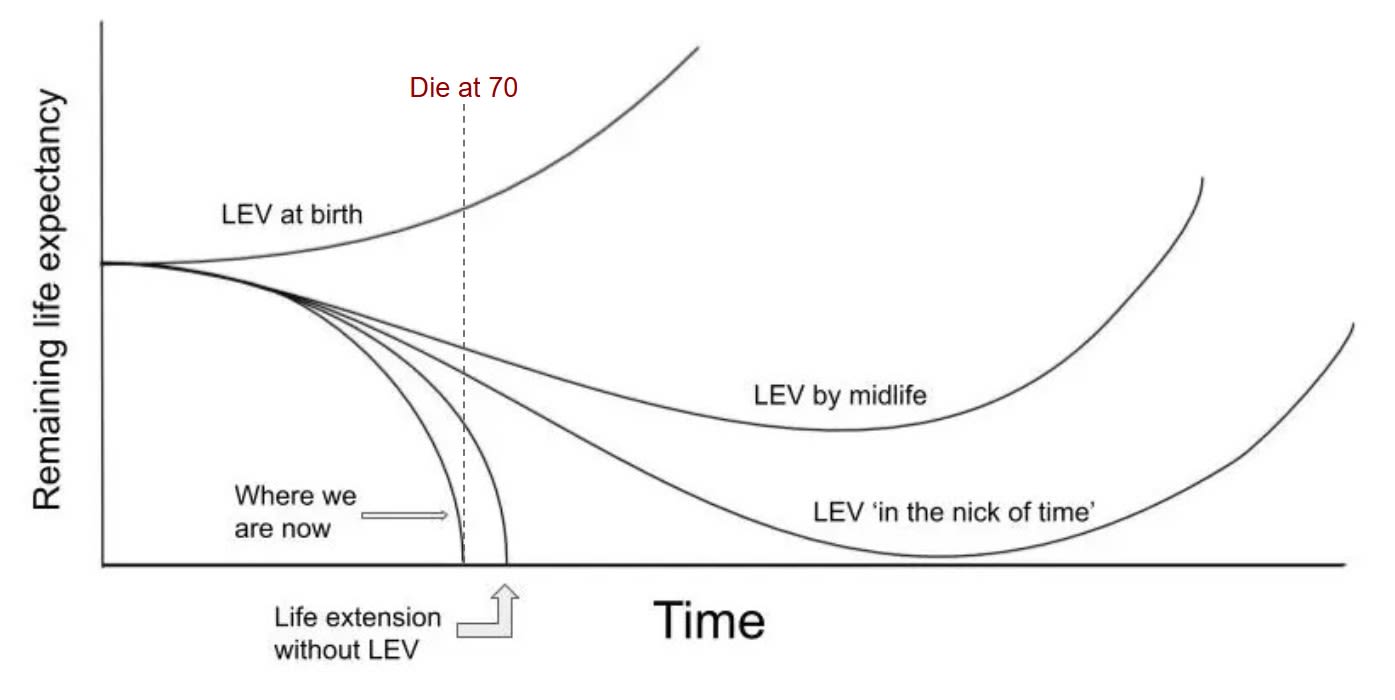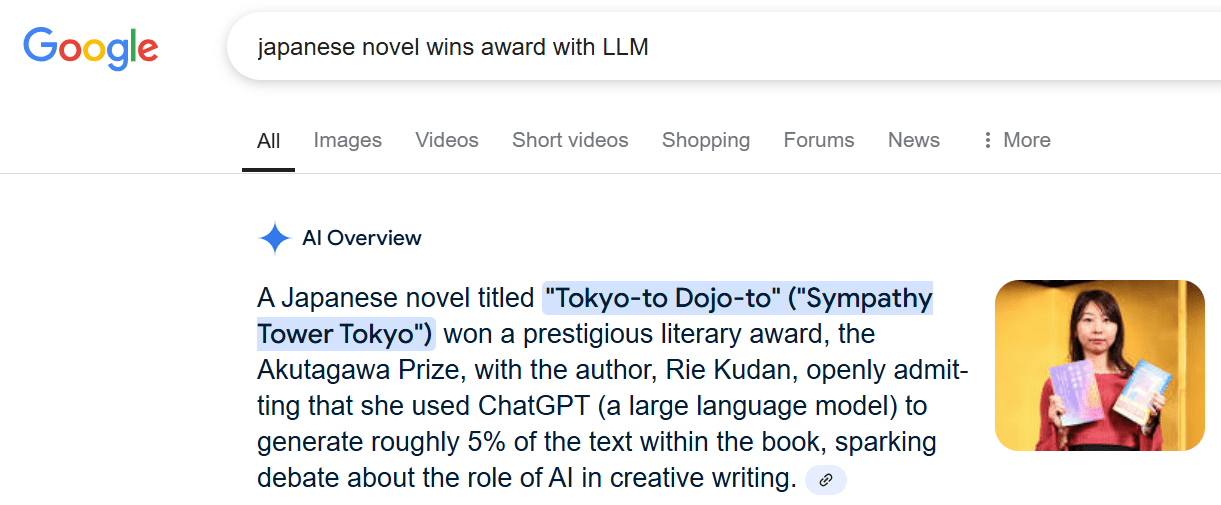I would have shit in that alley, too
After living in a suburb for most of my life, when I moved to a major U.S. city the first thing I noticed was the feces. At first I assumed it was dog poop, but my naivety didn’t last long. One day I saw a homeless man waddling towards me at a fast speed while holding his ass cheeks. He turned into an alley and took a shit. As I passed him, there was a moment where our eyes met. He sheepishly averted his gaze. The next day I walked to the same place. There are a number of businesses on both sides of the street that probably all have bathrooms. I walked into each of them to investigate. In a coffee shop, I saw a homeless woman ask the barista if she could use the bathroom. “Sorry, that bathroom is for customers only.” I waited five minutes and then inquired from the barista if I could use the bathroom (even though I hadn’t ordered anything). “Sure! The bathroom code is 0528.” The other businesses I entered also had policies for ‘customers only’. Nearly all of them allowed me to use the bathroom despite not purchasing anything. If I was that homeless guy, I would have shit in that alley, too. I receive more compliments from homeless people compared to the women I go on dates with There’s this one homeless guy—a big fella who looks intimidating—I sometimes pass on my walk to the gym. The first time I saw him, he put on a big smile and said in a booming voice, “Hey there! I hope you’re having a blessed day!” Without making eye contact (because I didn’t want him to ask me for money), I mumbled “thanks” and quickly walked away. I saw him again a few weeks later. With another beaming smile he exclaimed, “You must be going to the gym—you’re looking fit, my man!” I blushed and replied, “I appreciate it, have a good day.” He then added, “God bless you, sir!” Being non-religious, that made me a little uncomfortable. With our next encounter, I found myself smiling as I approached him. This time I greeted him first, “Good afternoon!” His face lit up with glee. “Sir,


Because of this post, I checked out 'Death with Interruptions' from the library and read it this month. Wow, a really good read---thanks!